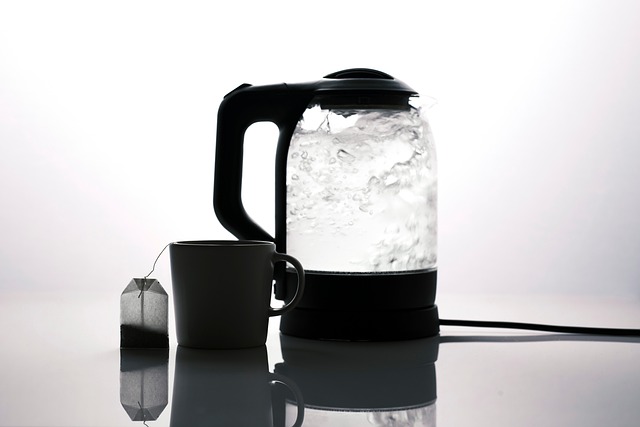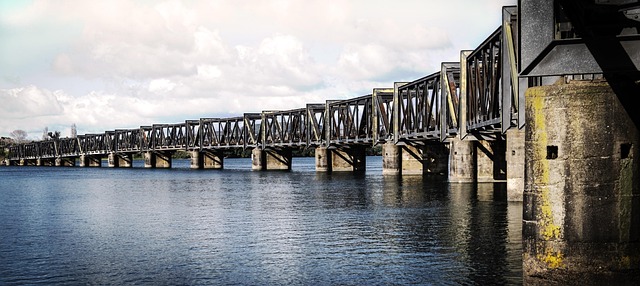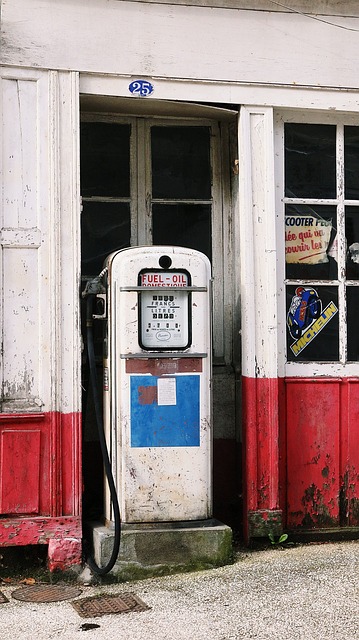If your water heater is causing cold showers, running out of hot water mid-shower, or displaying inconsistent temperatures, it may be showing signs of failure. High energy consumption, persistent leaks, unusual noises, and odd odors are also indicators. Significant sediment buildup in the tank suggests a need for cleaning or replacement. Modern water heaters with advanced components offer steady, comfortable temperatures and potential energy savings, making them a Sign You Need a New Water Heater.
Are you tired of cold showers or inconsistent hot water? It might be time to assess your water heater’s performance. This guide explores common signs you need a new water heater, including unreliable hot water supply, inconsistent temperatures, and frequent fluctuations. We’ll help you evaluate your current heater’s age and condition, and guide you through the decision process when considering a replacement. From cost-effectiveness to advanced energy efficiency and safety features, learn how modern water heaters can benefit you in the long run.
- Common Signs Your Water Heater Needs Replacement
- – Unreliable hot water supply
- – Inconsistent water temperature
Common Signs Your Water Heater Needs Replacement

If your water heater is no longer performing optimally, it might be displaying several telltale signs that it’s time for an upgrade. One of the most obvious indications is inconsistent or inadequate hot water production. If you’re frequently experiencing cold showers or running out of hot water mid-shower, it could be a red flag. This could be due to various factors, including a faulty heating element, sediment buildup in the tank, or age-related degradation.
Another common sign is excessive energy consumption and higher utility bills. If your water heater is struggling to maintain temperature, it will need to work harder and consume more energy, reflecting in your monthly expenses. Additionally, if you notice persistent leaks from the tank or pipes, strange noises during operation, or an unusual odor coming from the hot water, these are all potential indicators that a replacement may be necessary.
– Unreliable hot water supply

If you’re experiencing an unreliable hot water supply, it could be a sign that your water heater isn’t functioning optimally—or worse, it’s reached the end of its lifespan. Here are some key indicators that it might be time for a replacement:
1. Inconsistent Water Temperature: If you frequently encounter cold spots in your shower or bathtub, or if the hot water only lasts for a brief moment before turning lukewarm, these are clear signs that your water heater isn’t heating properly. This could be due to issues with the heating element, thermostat, or other internal components.
2. Sediment Buildup: Over time, your water heater can accumulate sediment at the bottom of the tank, reducing its efficiency and affecting its ability to heat water effectively. If you’ve noticed a significant buildup of sediment—often appearing as a sludgy substance—it’s a strong indicator that a thorough cleaning or replacement is necessary.
– Inconsistent water temperature

If your shower feels like a rollercoaster, switching from scalding hot to cold in the span of seconds, it might be a sign that your water heater isn’t functioning optimally. Inconsistent water temperature is one of the clearest signs you need a new water heater. This issue could stem from several factors, such as an outdated heating element or a faulty thermostat. Over time, these components lose efficiency and fail to maintain a consistent temperature, resulting in frequent temperature swings.
When hot water becomes a luxury rather than a given, it’s time to consider replacement. Modern water heaters come with advanced features that ensure steady, comfortable temperatures, enhancing your shower experience and saving energy in the process. By opting for a new model, you’ll not only enjoy more consistent results but also potentially reduce your energy bills.
If you’re experiencing unreliable hot water or inconsistent temperatures, it might be time to consider replacing your water heater. These signs indicate that your current unit is no longer functioning optimally and could lead to further issues if left unattended. Upgrading to a new model can ensure a consistent hot water supply, save energy, and prevent unexpected breakdowns. By heeding the signs you need a new water heater, you’ll make informed decisions for your home’s comfort and convenience.
